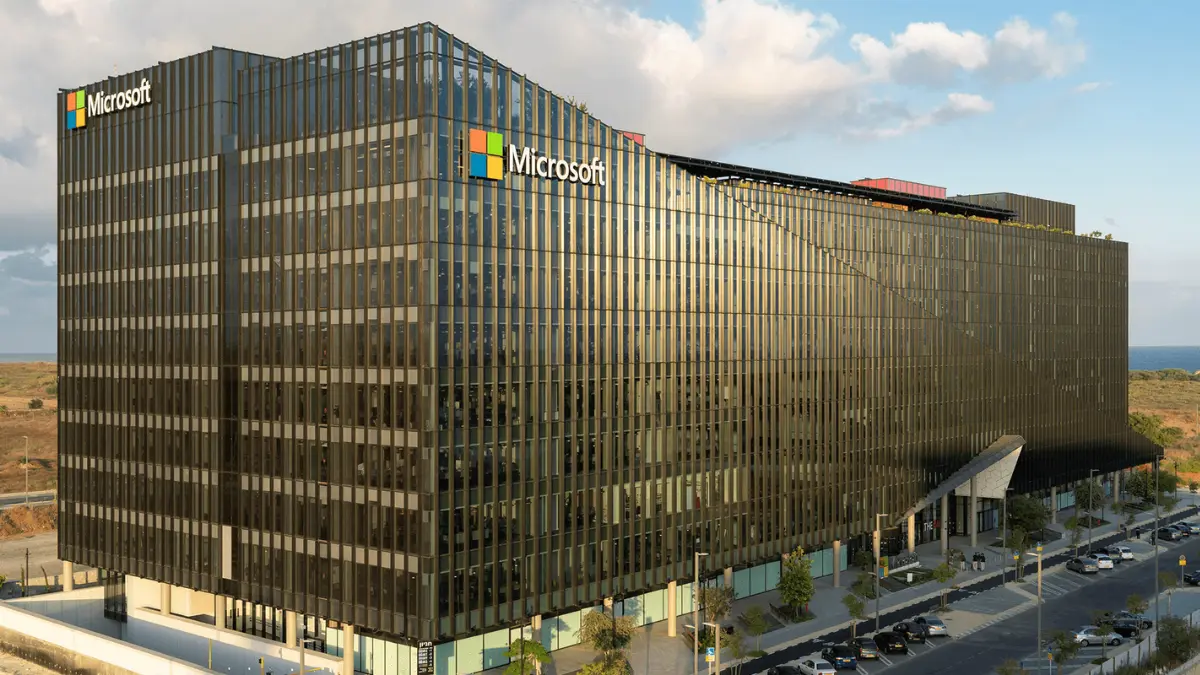Microsoft recently cut approximately 9,000 jobs across multiple divisions while CEO Satya Nadella publicly emphasized the company’s “thriving” financial health. The layoffs, representing about 4% of Microsoft’s global workforce, impacted teams in Azure, Office, and gaming, including studios acquired through recent mergers.
Despite these cuts, Nadella wasted no time highlighting Microsoft’s commitment to expanding investments in artificial intelligence. This big change comes as the tech giant redirects resources away from what it considers “underperforming” sectors toward AI-driven projects.
The layoffs follow Microsoft’s completion of major acquisitions, most notably the Activision Blizzard deal. This routine of post-merger restructuring has resulted in redundancies across various teams, with entire gaming studios being shut down in some cases.
Financial reports tell a different story than the job cuts might suggest. Microsoft continues to post strong results, with substantial year-over-year increases in operating income and a market capitalization approaching $4 trillion. The company’s stock has reached historic highs, largely driven by cloud services and AI investments.
Microsoft’s AI push includes major partnerships with OpenAI, integrating technologies like ChatGPT into products such as Copilot for Office and Windows 11. The company has aggressively added AI features across its product lineup, putting itself out front in AI-powered productivity tools.
While cutting jobs in some areas, Microsoft is still hiring in others, especially for AI research and cloud infrastructure roles. This shift shows where the company thinks the biggest growth is now: generative AI in both enterprise and consumer software.
This move is pretty similar to what other tech giants like Amazon and Google are doing—cutting staff in some places while putting a lot of money into AI development. The general tech industry trend has a lot of people worried about the real-life effects on workers as companies chase the next big thing.
Algorithms over employees
Critics say Microsoft’s approach is basically a playbook for modern capitalism—cutting people to free up money for AI projects, with not much thought to what that means for those losing jobs. On the other hand, supporters think it’s just what a big company has to do to keep up in such a cutthroat tech landscape.
The gaming division has been hit especially hard, with Xbox-related teams and studios seeing major layoffs despite Microsoft’s overall financial success. That’s left folks wondering what the plan is for the company’s gaming future, especially after dropping a huge amount on acquiring Activision Blizzard.

